Airtel Kenya is under growing criticism for failing to contribute fairly to the Universal Service Fund, a government plan meant to support mobile and internet access in far-flung areas of the country. While other telecom companies have been helping build this important project, Airtel seems to be taking a back seat.
At the same time, the company is asking to use infrastructure that was built and paid for by its competitors, especially when it comes to putting up its own masts. This move has sparked debate and drawn backlash from many people who feel Airtel is not doing its part.
The fund was created by the Communications Authority of Kenya to help bring services to areas where normal business investment is too risky or not profitable. Places like Mageta Island, Baragoi, and large parts of Northern and North Eastern Kenya fall under this category.
All licensed telecom operators in Kenya are expected to contribute money into this fund to support the rollout of mobile and internet networks in these difficult regions. According to public records, Safaricom has contributed nearly Ksh 4 billion, which is about half of the total money the fund has received so far.
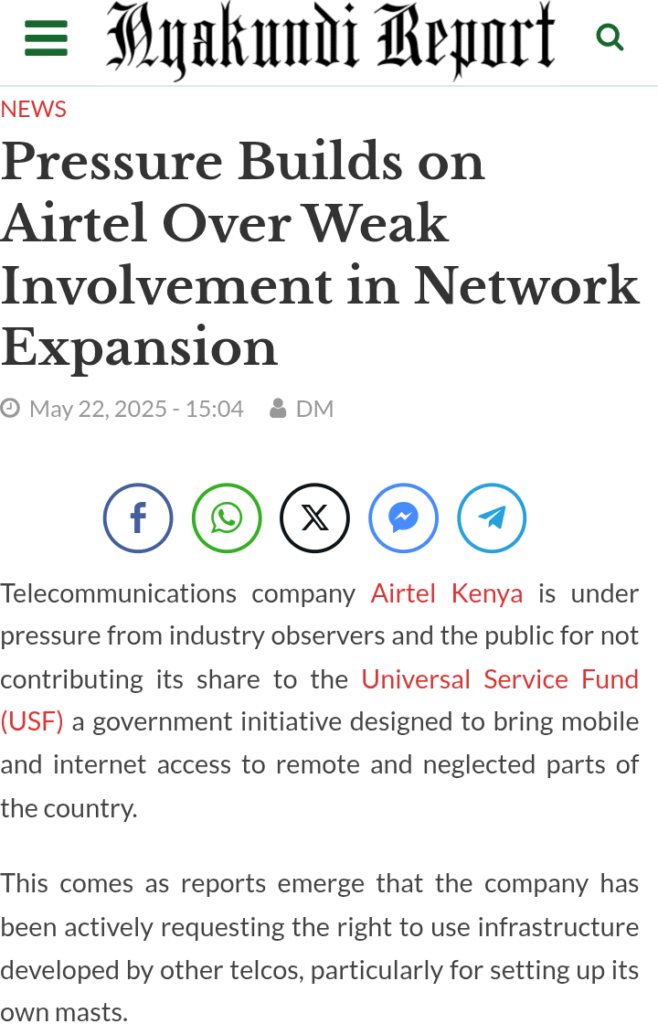
Telkom Kenya has also made major payments and, in return, both companies have used the fund to set up mobile towers and provide services in low-demand areas.
From the Communications Authority’s own reports, Safaricom has used Ksh 880 million from the fund, and Telkom has accessed Ksh 350 million. This shows not only that they are contributing, but also that they are actively taking part in projects that benefit poor and rural areas.
Airtel, on the other hand, has barely participated. Its payments to the fund are minimal, and it has not shown much interest in bidding for government-backed infrastructure projects. Instead, it continues to request access to networks built by other firms, arguing that it needs to keep its costs down.
This strategy is being viewed by experts and digital rights groups as unfair and opportunistic. They argue that Airtel should first put money into the system before asking to benefit from it. Shared access is supposed to come after shared responsibility.
The Communications Authority recently launched a new five-year plan for the Universal Service Fund, worth Ksh 40 billion, but it is already short by Ksh 12 billion. The plan includes expanding coverage to remote areas, promoting digital literacy, and supporting local online content.
These are important goals that could be at risk if all telecom companies do not play their part.Programs that benefit women, young people, persons with disabilities, and isolated communities depend on this funding.
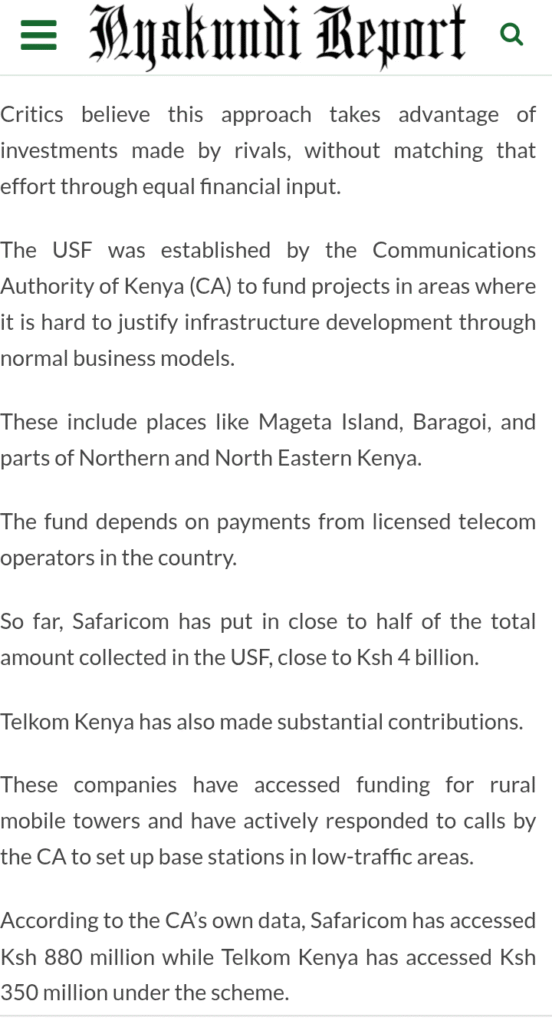
The Authority says it will look for donor support and new partnerships to fill the gap, but telecom firms remain the main source of money. If companies like Airtel continue to sit out, then the entire weight falls on those already contributing heavily.
In a country where mobile and internet access is becoming essential for health, education, business, and safety, there is growing pressure on every operator to step up. It is no longer enough to focus on urban profits while ignoring rural needs.

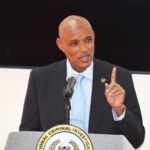





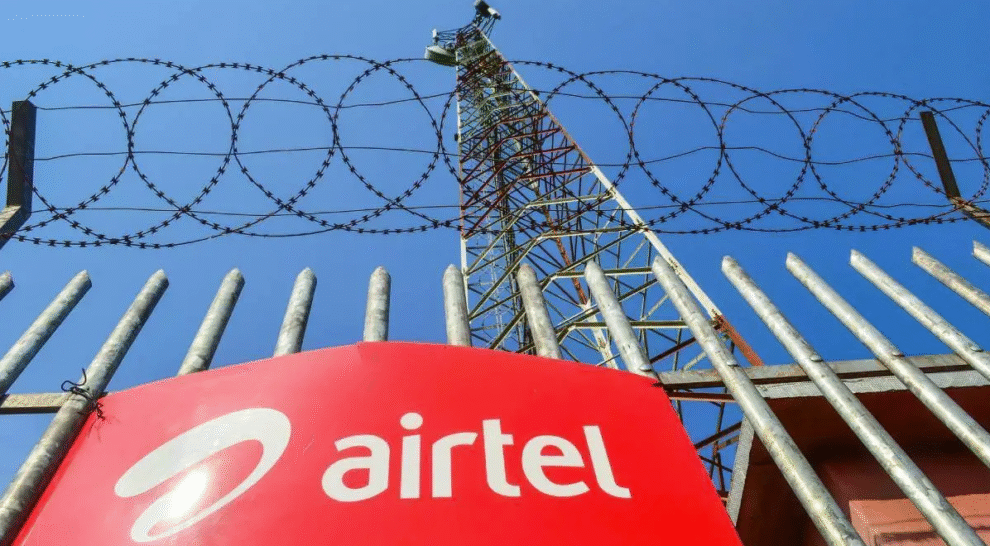

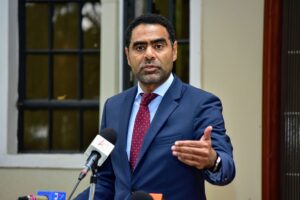
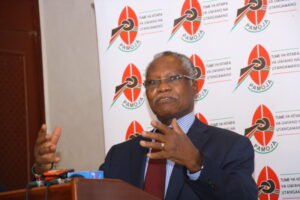


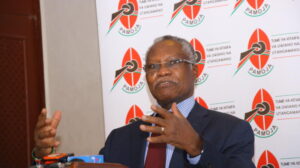


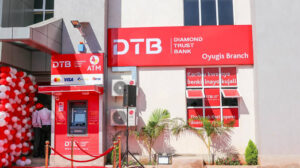




Add Comment